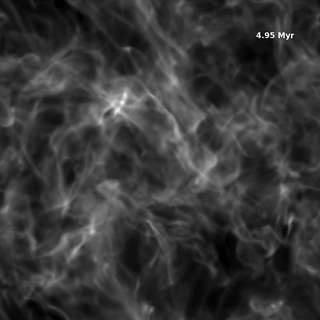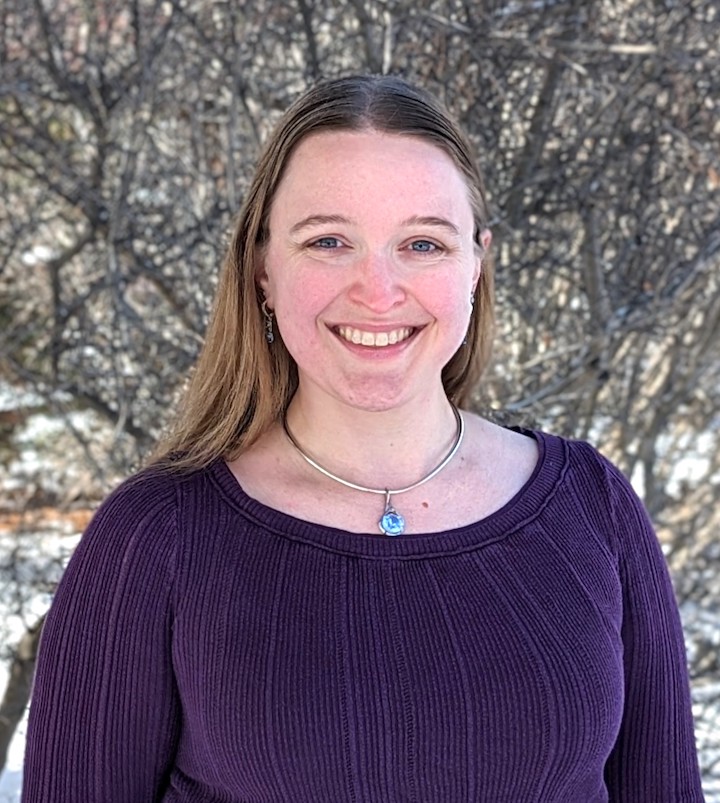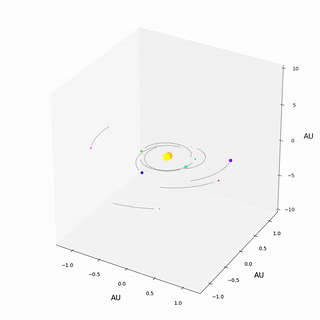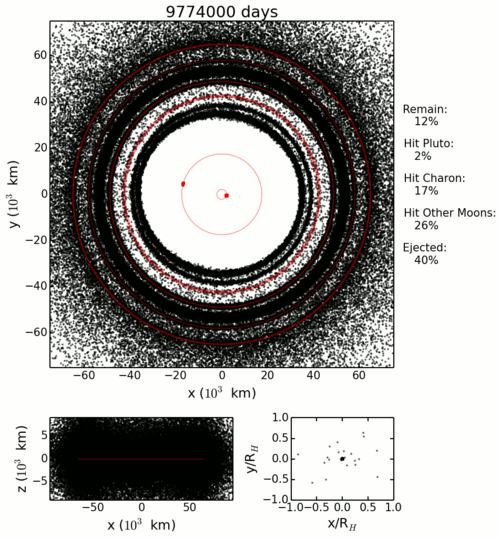
The time evolution of star forming cores
We study how star forming cores identified with dendrograms vary in time.
Learn more
Hi there! Welcome to my personal, semi-academic home page. I am a staff scientist at LANL (mostly working on computational physics) and was volunteered to be the Deputy Director of the Center for Theoretical Astrophysics. Assume that this website is permanently under construction and may be out of date.
In December 2021, I converted to permanent staff at Los Alamos National Laboratory in Los Alamos, New Mexico. From August 2020 to December 2021, I was a Metropolis Postdoctoral Fellow in the Center for Theoretical Astrophysics and CCS-2 at LANL, where I collaborated with Chris Fryer and Jenn Donley. I received my PhD in 2020 from the University of Arizona where I worked with the amazing Dr. Kaitlin Kratter.
All of my wide-ranging astronomy research interests—from Pluto to planetary dynamics to star formation—stem from a long-lived fascination with binaries.
I enjoy applying new and different techniques to data to help us extract the most information possible. Most recently in astronomy, I've been exploring how we can learn more about the evolution of dense cores in simulations and how new computational techniques may allow us to learn more about planet(esimals), their orbits, and their formation.

I received a PhD in Astronomy & Astrophysics in 2020 from the University of Arizona. I graduated from the University of Wyoming in 2014 with undergraduate
degrees in Physics and Astronomy. I've always been passionate about science communication and education.
To see a listing of my recent exploits, take a peek at my CV.

I have always been an advocate for science communication and outreach. Astronomy, in my opinion, is the best "gateway science". The night sky and its contents are a shared experience across language, culture, and education. Therefore, I strive to make astronomy interesting and accessible to everyone. I am especially passionate about (re)igniting an interest in astronomy, physics, and math for teens and adults.
Learn moreI use a variety of computational methods to study many topics surrounding star and planet formation and evolution.

We study how star forming cores identified with dendrograms vary in time.
Learn more
We study the impact of a central binary on the dynamical evolution of planetary systems.
Learn more
We study the outcomes of debris scattering after the formation of the Pluto-Charon binary.
Learn more
We classify observed Kuiper Belt objects with a machine learning algorithm to prepare for the VRO.
Learn more